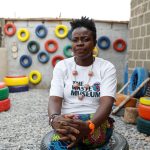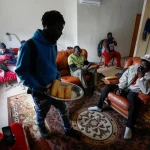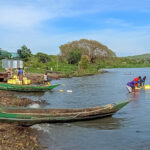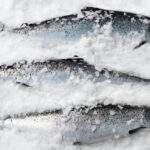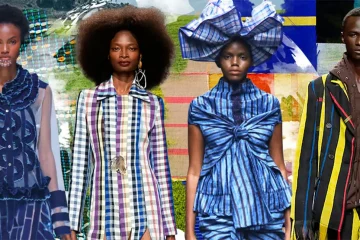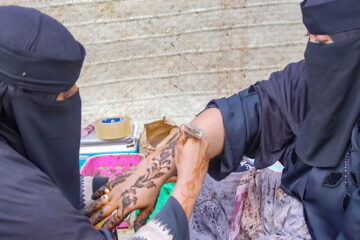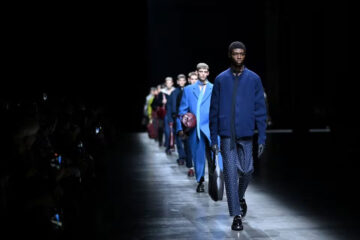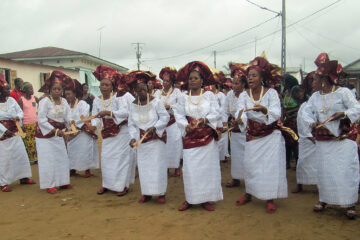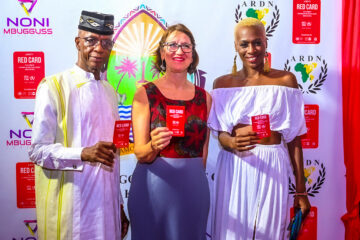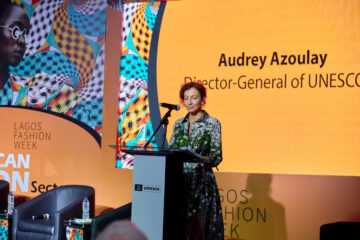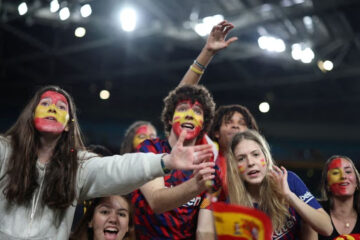WALKING along the shores of Lake Victoria in his home town of Kisumu, Newton Owino, a chemist, witnessed vast quantities of fish waste dumped by the fishing industry.
So, in 2012, he took a leap of faith and established a business.
“Every day, tonnes of fish skins were discarded and treated as waste. I saw an opportunity to turn this waste into something valuable and environmentally friendly. That’s when I decided to explore the possibilities of fish leather,” the entrepreneur explained.
Owino is the holder of a Bachelor of Science in Leather Chemistry from Pantnagar University, India. He also worked as a researcher for international organisations before establishing his own practice.
Owino established Alisam Product Development and Design and embarked on a journey of innovation.
Today, Owino gets raw materials from fish processing factories in Kisumu and from other beaches along Lake Victoria where fishing takes place on a large scale. A team collects the waste and transports it to his tanning plant in Kisumu.
There, the tanning process begins with the careful removal of scales from the fish skins, followed by a week of drying to prepare the skins for tanning. Submerged in a drum, the skins soak as Owino skilfully removes any remaining flesh, allowing the skin to be stretched and transformed. This meticulous craftsmanship is what gives birth to what is now known as the “craft fish leather crust.”
Owino also embraces the concept of upcycling by incorporating other fish products into his creations and using other products like papyrus reeds to create unique clothing pieces.
Owino also transforms fish bones, which are typically discarded, into stunning sculptures and accessories that help him market his products.
“The fish bones have such a unique texture and shape. By repurposing them, we can create intricate sculptures and statement pieces that highlight the natural beauty of the fish,” he said.
Chrispin Nyamweya, a research scientist at the Kenya Marine and Fisheries Research Institute (KMFRI), observed that fish waste recycling has had a positive impact on the environment on the shores of Lake Victoria.
“Previously, the fish waste would be left to rot on the shorelines, causing pollution and creating a foul smell. However, with the introduction of fish waste recycling, the waste is now being utilized to create valuable products such as fish leather and animal feed,” he said.
Nyamweya explained that the new fish tanning industry has not only reduced pollution but has also provided a source of income for local communities. Moreover, he emphasized that the recycling of fish waste has improved community health along Lake Victoria’s shores, playing a pivotal role in elevating local hygiene and sanitation standards.
As the fashion industry grapples with its environmental impact, Owino’s work stands as a shining example of how creativity and resourcefulness can bring about positive change.
“After discovering this trade, my life has changed for the better. Since I started working in this tannery with Newton, I can now get enough money to support myself and my family. Before I started doing this, I couldn’t say so about the quality of life that I lived” said Agnes Achieng, an employee at the tannery.
A commitment to sustainability doesn’t stop with the fish waste, either. Owino utilises natural dyes derived from plants to add vibrant and unique colours to his products. The ingredients for one of these natural dyes, True Indigo, come from his farm, from a plant named Indigofera tinctoria.
“Nature provides us with an abundance of colours. By harnessing the power of plants, we can create beautiful and sustainable dyes. For example, the leaves of the aloe vera plant produce a rich green, while the bark of the red sandalwood tree gives us a deep red hue. These natural dyes not only add beauty to our products, but also minimize our ecological footprint,” he explained
His dedication to reducing waste and promoting sustainability seems to resonate with fashion enthusiasts.
“If we have fish, why can’t we be proud of them and use them more economically? I’m proud of these shoes I just bought and when I put them on, I feel happy and proud. They are natural, unique, and above all pocket friendly. I would say buy Kenya, build Kenya,” said Tony Ayoo after buying a pair of shoes made from fish leather.
Owino hopes to leave an indelible mark on the industry, besides redefining what it means to be stylish and eco-conscious.
“As consumers, we have the power to drive change. By supporting sustainable fashion, we can shift the industry towards more responsible practices and create a positive impact on our planet,” Owino asserted.
Nor has he stopped at his own business; he also offers training to students from two institutions in Kenya that offer leather science, the University of Nairobi and the Kabete National Polytechnic.
Apart from the local Kenyan market, Owino has customers within Africa in Zambia, South Africa, Ethiopia, and Egypt. His products are also exported to non-African countries such as Iceland, France, Poland, the United States and Canada.
“As consumers, we have the power to drive change. By supporting sustainable fashion, we can shift the industry towards more responsible practices and create a positive impact on our planet,” Owino concluded.


